Comprehensive Guide to Physical Health: Key Strategies for a Healthier Life
Physical health is the cornerstone of a vibrant and fulfilling life. It encompasses a broad range of factors including fitness, nutrition, sleep, and preventive care. In a world where sedentary lifestyles and processed foods are increasingly common, maintaining optimal physical health requires a proactive and informed approach. This guide delves into the essentials of physical health, offering practical advice and strategies to help you achieve and sustain a healthy lifestyle.
1. Understanding Physical Health
Physical health refers to the overall condition of the body, including its systems, organs, and functions. It is influenced by a variety of factors including genetics, lifestyle choices, and environmental conditions. A healthy body is characterized by:
- Optimal Functioning: All systems of the body, such as the cardiovascular, respiratory, and digestive systems, work efficiently and effectively.
- Absence of Disease: The body is free from chronic or acute illnesses that can impair daily functioning.
- Physical Fitness: Regular physical activity is maintained, contributing to strength, endurance, flexibility, and overall well-being.
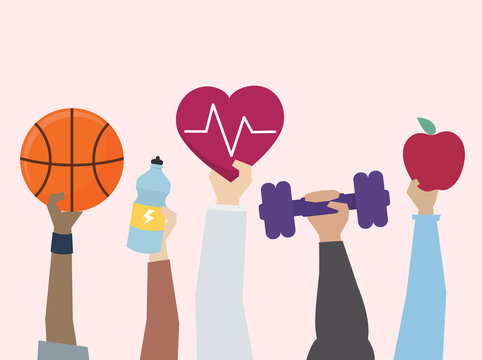
2. The Importance of Regular Exercise
Exercise is a cornerstone of physical health, providing numerous benefits that contribute to both physical and mental well-being.
a. Cardiovascular Health
Engaging in regular aerobic exercises like walking, running, or cycling strengthens the heart, improves circulation, and lowers blood pressure. This can reduce the risk of cardiovascular diseases such as heart attacks and strokes.
b. Muscular Strength and Endurance
Strength training exercises, including weightlifting and resistance training, build muscle mass and improve endurance. Strong muscles support better posture, enhance functional movements, and prevent injuries.
c. Flexibility and Balance
Activities such as yoga and stretching improve flexibility and balance, which are essential for maintaining mobility and preventing falls, especially as we age.
d. Mental Health Benefits
Exercise releases endorphins, which act as natural mood lifters. Regular physical activity can reduce symptoms of anxiety and depression and improve overall mental health.
3. Nutrition for Optimal Health
Nutrition plays a critical role in supporting physical health. A well-balanced diet provides the necessary nutrients that the body needs to function optimally.
a. Macronutrients
- Carbohydrates: Provide energy for daily activities and exercise. Opt for complex carbohydrates like whole grains, fruits, and vegetables.
- Proteins: Essential for muscle repair and growth. Include lean meats, fish, beans, and legumes in your diet.
- Fats: Necessary for hormone production and cell function. Focus on healthy fats from sources like avocados, nuts, and olive oil.
b. Micronutrients
- Vitamins: Important for various bodily functions, including immune support and energy production. Include a variety of fruits and vegetables to ensure adequate vitamin intake.
- Minerals: Crucial for bone health, nerve function, and muscle contractions. Sources include dairy products, leafy greens, and nuts.
c. Hydration
Adequate water intake is vital for maintaining hydration, supporting digestion, and regulating body temperature. Aim to drink at least eight glasses of water a day, and more if you are physically active.
4. The Role of Sleep in Physical Health
Sleep is often overlooked but is a fundamental component of physical health. Quality sleep is crucial for:
a. Recovery and Repair
During sleep, the body repairs tissues, muscles, and cells. Adequate rest is essential for recovery after exercise and for overall health maintenance.
b. Cognitive Function
Proper sleep improves cognitive functions such as memory, concentration, and problem-solving skills. It also supports emotional regulation and mental well-being.
c. Metabolism
Sleep influences metabolism and appetite regulation. Poor sleep can lead to weight gain and increase the risk of metabolic disorders such as diabetes.
d. Immune Function
A well-rested body has a stronger immune system, which helps to ward off infections and illnesses.
5. Preventive Health Care
Preventive care is essential for identifying and addressing potential health issues before they become serious problems.
a. Regular Check-ups
Routine medical check-ups help monitor vital signs, screen for chronic diseases and assess overall health. Regular visits to a healthcare provider can catch issues early and guide in maintaining health.
b. Vaccinations
Vaccinations protect against various infectious diseases. Staying up-to-date with recommended vaccines is an important aspect of preventive care.
c. Screening Tests
Regular screening tests, such as blood pressure measurements, cholesterol levels, and cancer screenings, can detect early signs of health conditions and allow for timely intervention.
6. Stress Management
Chronic stress can negatively impact physical health, leading to issues such as high blood pressure, weakened immune function, and digestive problems.
a. Stress-Reduction Techniques
- Mindfulness and Meditation: Practices like mindfulness and meditation can help manage stress by promoting relaxation and emotional balance.
- Physical Activity: Exercise is a natural stress reliever, helping to reduce cortisol levels and improve mood.
- Hobbies and Leisure: Engaging in enjoyable activities and hobbies can provide a mental break and alleviate stress.
b. Healthy Work-Life Balance
Maintaining a balance between work and personal life is essential for managing stress. Set boundaries, prioritize self-care, and ensure you have time for relaxation and social activities.
Preventative Measures for Physical Health: A Comprehensive Guide
7. The Impact of Lifestyle Choices
Lifestyle choices significantly affect physical health. Making informed decisions can promote long-term well-being.
a. Avoiding Harmful Substances
- Tobacco: Smoking is a major risk factor for numerous health conditions, including cancer and respiratory diseases. Quitting smoking improves overall health and reduces disease risk.
- Alcohol: Excessive alcohol consumption can lead to liver disease, cardiovascular problems, and other health issues. Moderation is key to maintaining health.
b. Healthy Weight Management
Maintaining a healthy weight is important for reducing the risk of chronic diseases such as obesity, diabetes, and heart disease. Focus on balanced nutrition and regular exercise to achieve and sustain a healthy weight.
8. The Role of Social Connections
Strong social connections and relationships contribute to overall physical health and well-being.
a. Emotional Support
Having a support system provides emotional stability, reduces stress, and improves mental health. Strong relationships can enhance quality of life and contribute to a sense of belonging and purpose.
b. Physical Activity
Participating in physical activities with friends or family can increase motivation and make exercise more enjoyable. Social interactions during physical activities can also enhance mental well-being.
9. Adapting to Changing Health Needs
As we age, our health needs and priorities may change. It’s important to adapt your approach to physical health accordingly.
a. Senior Health
- Bone Health: Focus on weight-bearing exercises and adequate calcium and vitamin D intake to maintain bone density.
- Fall Prevention: Engage in balance and strength training exercises to reduce the risk of falls.
- Chronic Conditions: Manage chronic conditions such as arthritis and diabetes with appropriate medical care and lifestyle modifications.
b. Pediatric Health
- Growth and Development: Ensure children receive adequate nutrition, physical activity, and sleep to support healthy growth and development.
- Preventive Care: Regular check-ups and vaccinations are important for monitoring and promoting health in children.
Maintaining physical health is a multifaceted endeavour that involves regular exercise, balanced nutrition, quality sleep, preventive care, stress management, and healthy lifestyle choices. By adopting a holistic approach to physical health, you can enhance your overall well-being, improve your quality of life, and set the foundation for a healthier future. Embrace these strategies and make proactive choices to achieve and sustain optimal physical health.
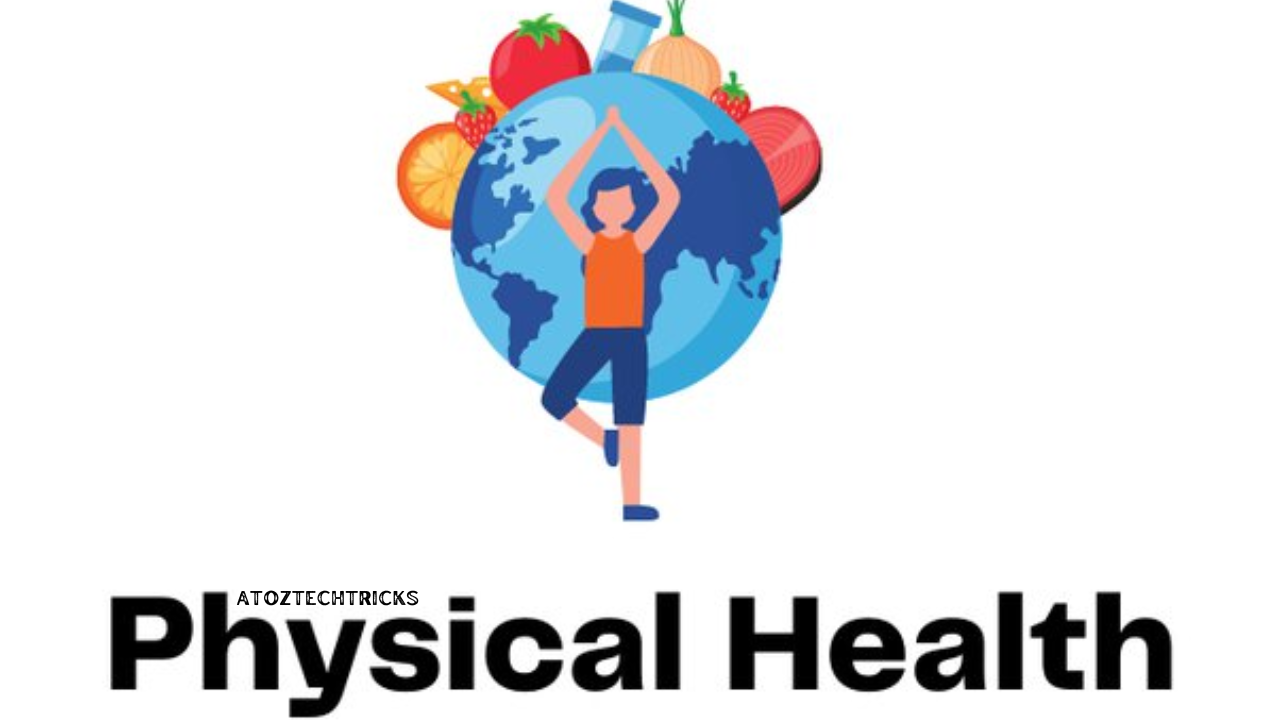

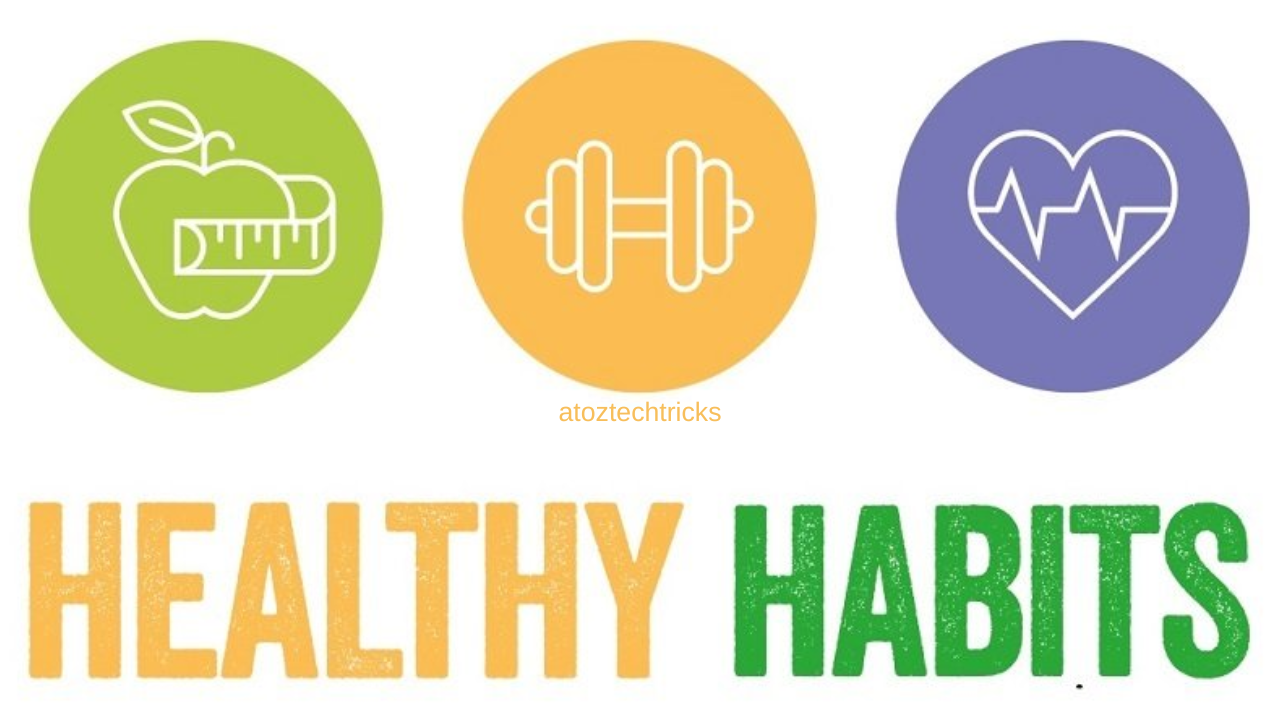
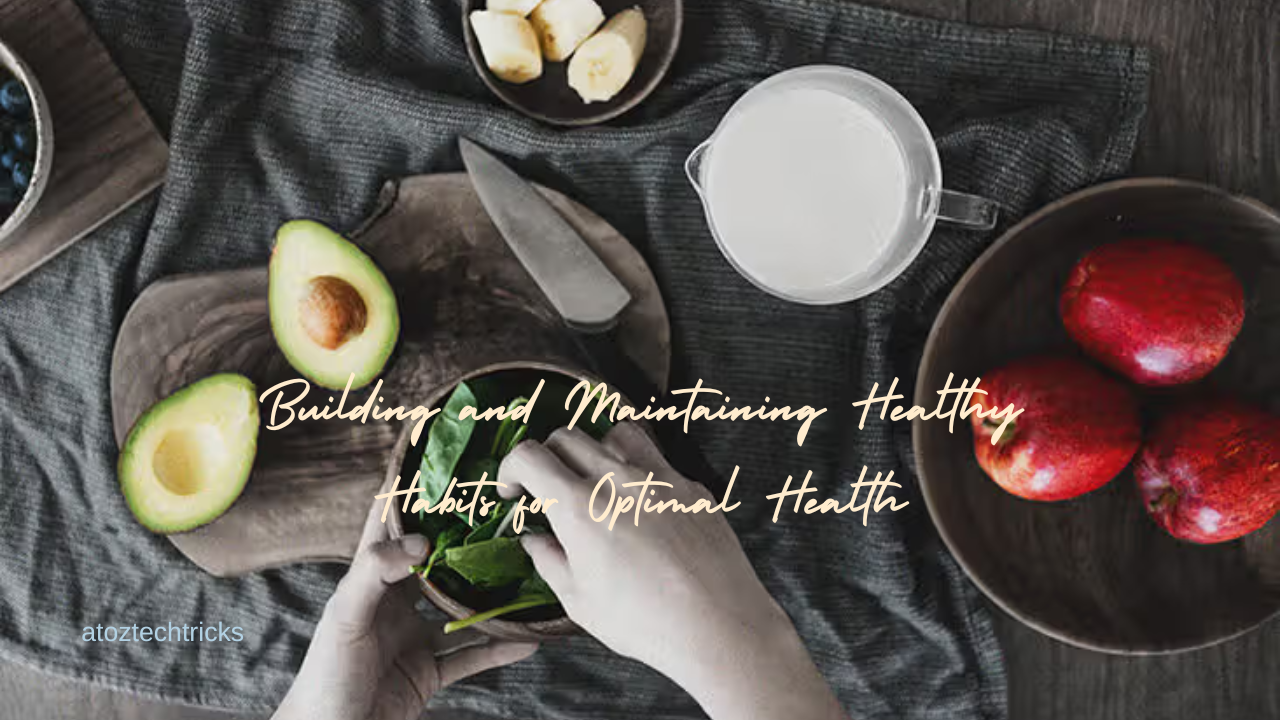
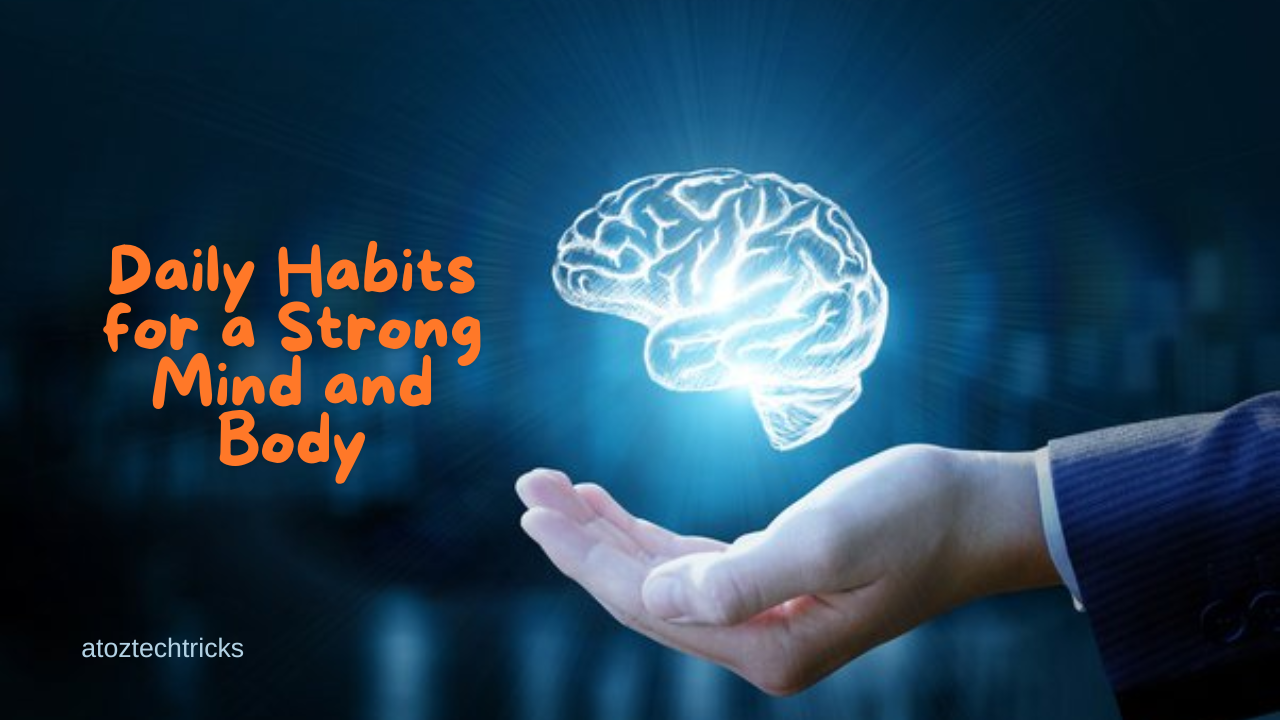
Post Comment